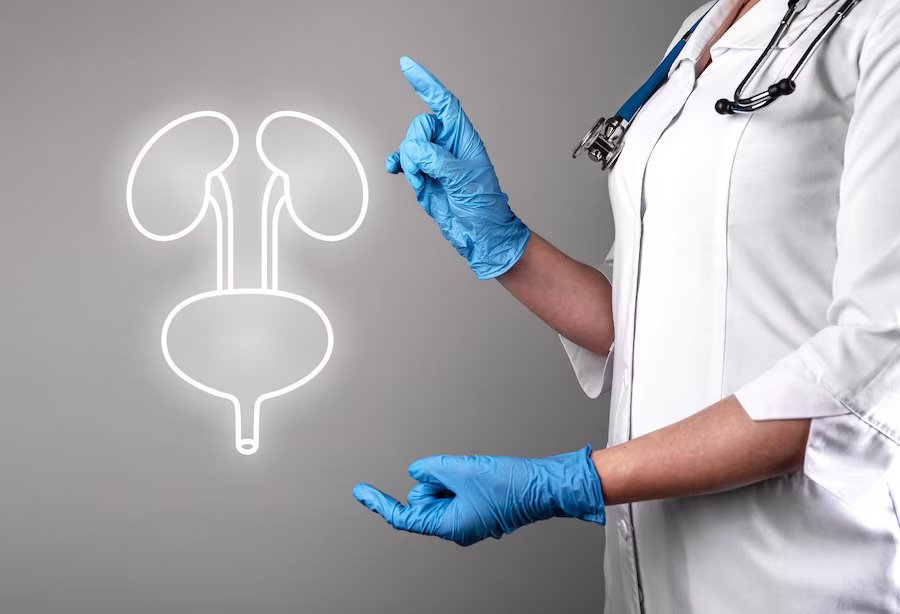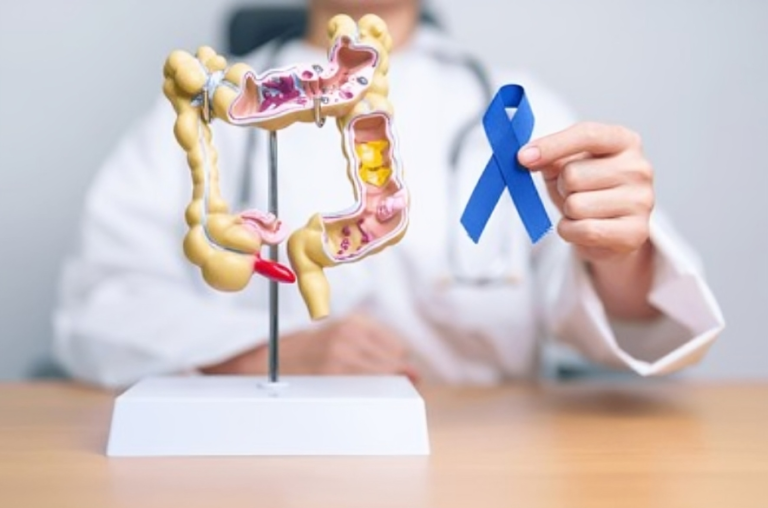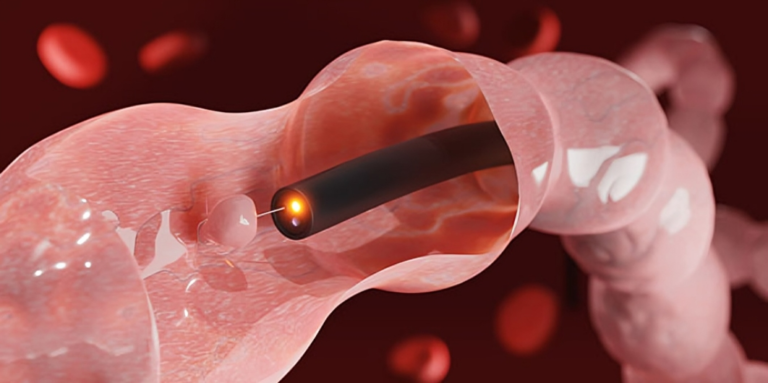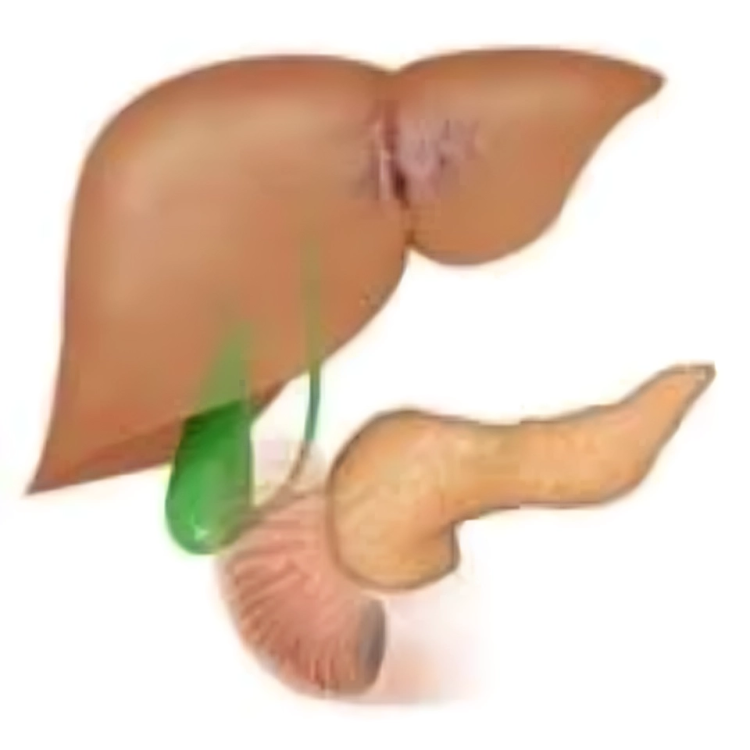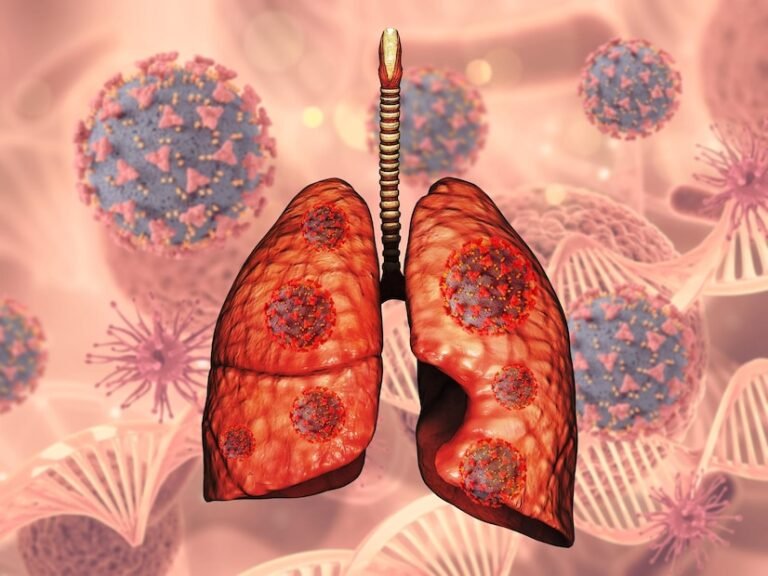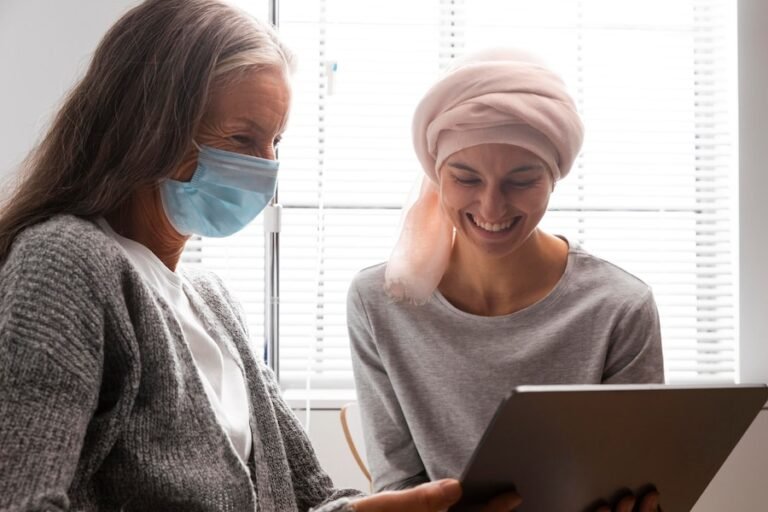Managing Side Effects And Quality Of Life In Urological Cancer Patients
Urological cancers, including those affecting the bladder, kidneys, prostate, testicles, and other parts of the urinary system, present significant challenges to patients and healthcare providers alike. While advancements in treatment have improved survival rates and outcomes, managing side effects and maintaining quality of life remain paramount concerns for patients undergoing treatment for urological cancers.
To Know More About It Please Click Here
Understanding the Impact
The impact of urological cancers extends beyond physical health, affecting various aspects of a patient’s life. From the emotional toll of diagnosis to the physical challenges of treatment, individuals grappling with these conditions often face a multitude of difficulties. Common side effects of treatments such as surgery, chemotherapy, radiation therapy, and hormonal therapy can further exacerbate these challenges, impacting patients’ well-being and overall quality of life.
Addressing Physical Side Effects
Physical side effects vary depending on the type and stage of cancer, as well as the treatment modalities employed. For example, surgery for prostate cancer may lead to urinary incontinence and erectile dysfunction, while chemotherapy and radiation therapy for bladder cancer can cause fatigue, nausea, and bladder irritation. To mitigate these effects, healthcare providers employ a range of interventions tailored to individual patient needs.
Multidisciplinary Approach
Managing side effects and enhancing quality of life in urological cancer patients often requires a multidisciplinary approach. Urologists, oncologists, nurses, psychologists, physical therapists, and nutritionists collaborate to develop comprehensive care plans addressing both the physical and psychosocial aspects of the patient’s experience. This holistic approach ensures that patients receive personalized care aimed at minimizing discomfort and maximizing well-being.
Supportive Care
Supportive care plays a crucial role in helping patients cope with the challenges associated with urological cancers. This may include pain management strategies, nutritional support to combat treatment-related weight loss or gain, and physical therapy to improve mobility and function. Additionally, psychosocial support services such as counseling and support groups offer invaluable emotional support and guidance throughout the cancer journey.
Integrative Therapies
Integrative therapies such as acupuncture, massage therapy, yoga, and meditation have gained recognition for their role in managing treatment-related side effects and improving the quality of life in cancer patients. While these approaches may not directly treat the cancer itself, they can alleviate symptoms such as pain, fatigue, and anxiety, promoting overall well-being and enhancing resilience.
Patient Education and Empowerment
Empowering patients with knowledge about their condition and treatment options is essential for enhancing their ability to cope with the challenges of urological cancer. Providing clear and accurate information about potential side effects, self-care strategies, and available support services enables patients to actively participate in their care and make informed decisions that align with their values and preferences.
Conclusion
Managing side effects and maintaining quality of life are integral components of urological cancer care. By employing a multidisciplinary approach that addresses the physical, emotional, and psychosocial needs of patients, healthcare providers can optimize outcomes and enhance well-being throughout the cancer journey. With ongoing research and advancements in supportive care interventions, the future holds promise for further improving the quality of life for individuals affected by urological cancers.

